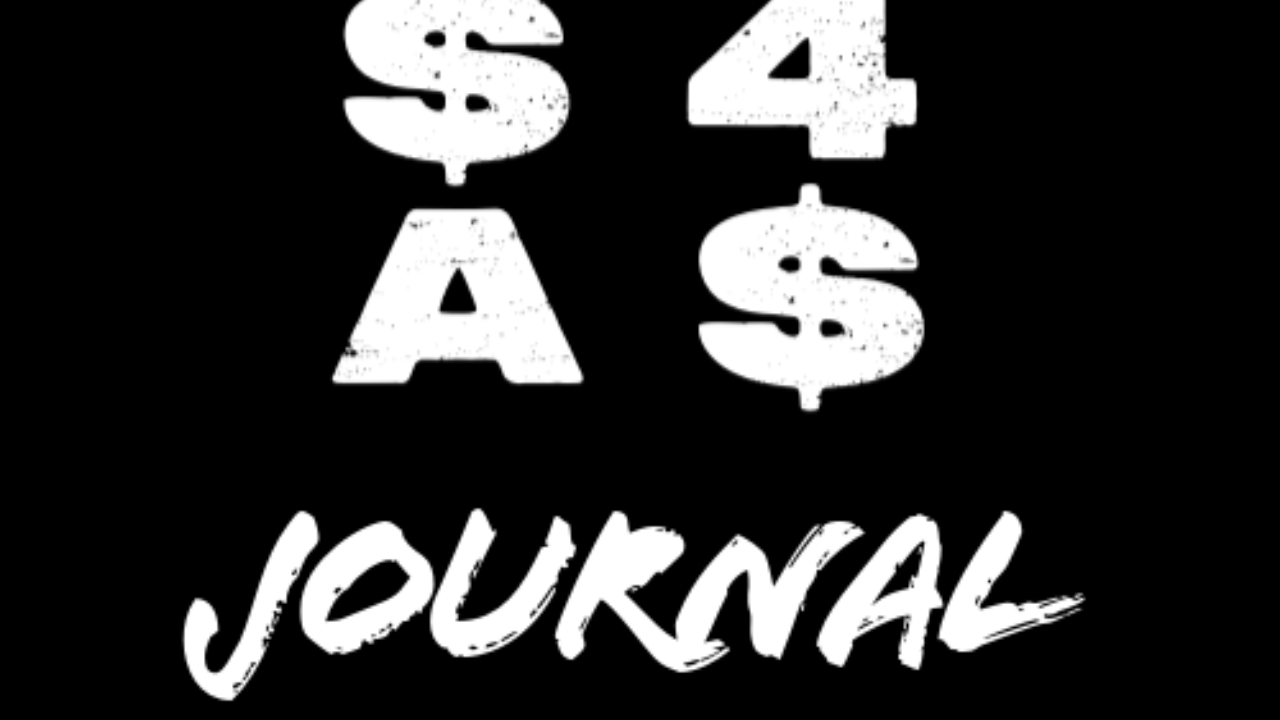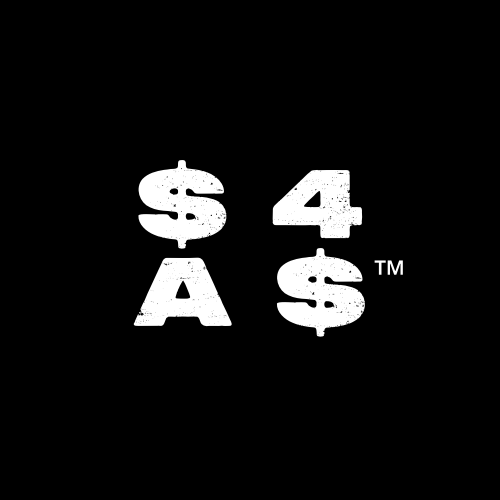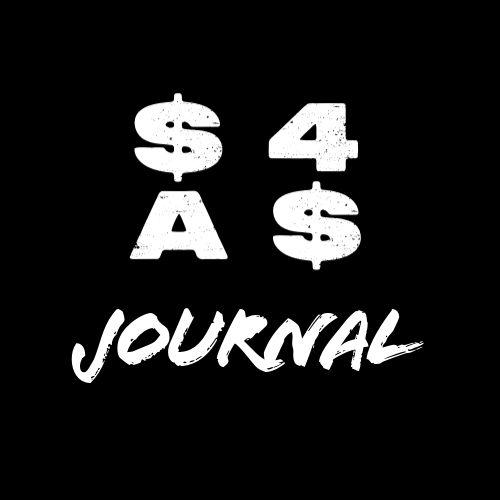
Spot-A-Lie
Oct 13, 2025The New Spotify Terms: What They Mean for Artists:
Spotify recently rolled out updated terms that address how its data may be used—especially in relation to artificial intelligence. For many artists, these changes sound promising. But as with many things, the devil’s in the details.
This is exactly why I live by the $old 4 a $ong model of owning, leveraging, streamlining, and sustaining your own portal. There is still work involved in dring your true fans to your portal but the pay off in the end is much more valuable than expecting to make a living from Spotify payments.
What Spotify’s New Terms Say;
Here are the headline changes based on reporting by Far Out Magazine:
- Prohibition on external use of Spotify’s data for training AI models.
Third parties are now forbidden from using Spotify’s user data or song metadata to train their own AI tools. (Far Out Magazine) - Spotify still retains the right to use its own data.
That includes data for its recommendation algorithms, DJ features, etc. The platform appears to reserve full rights to use its internal data however it sees fit. (Far Out Magazine) - Concerns about accountability, equity, and transparency remain.
Many artists are skeptical. Why? Because though third-party misuse is curtailed, the power asymmetry—and how data is leveraged—might still favor Spotify heavily. (Far Out Magazine)
What These Changes Don’t Do:
Going beyond the promo-speak, there are significant limitations and caveats:
- It doesn’t stop all risks:
- Deepfake or AI-generated imitations of songs could still emerge using means not addressed by Spotify’s terms. Some artists’ accounts have already been compromised. (Far Out Magazine)
- External actors could use other data sources beyond Spotify’s systems. The terms protect some vectors but not all. (Far Out Magazine)
- Spotify still holds the reins:
- Since Spotify can use its own data, much of the value derived from listener behaviour (e.g. what you play, what you skip) may still be fully exploited by the platform. That means the platform continues to gain insights for product features, personalized recommendations, or possibly future AI tools—all without further compensation or control by the artists. (Far Out Magazine)
- Financial viability remains skewed:
- The reality is still stark: unless you’re getting millions of streams, most artists are barely able to cover the costs of creating music, promoting it, and sustaining a career. Simply changing data rules does little for the steep drop-off in streaming income for smaller or mid-tier artists. (Far Out Magazine)
-
Ethical concerns are more than just data:
- Many artists are upset not just about data usage but broader ethical issues—such as Spotify’s investments, the treatment of AI’s potential, and how power is distributed. (Far Out Magazine)
So, What Could Actually Change?
Despite the limitations, there are some real positives—alongside warning signs. Here’s what these changes might realistically mean in practice:
|
For Artists |
Possible Upsides |
What to Watch For / What Might Not Change |
|
Control over misuse |
Better legal cover if someone uses Spotify’s data to train some rogue AI. Easier to push back. |
Deepfake music could still happen via other datasets or platforms. Artists’ control over their image/voice outside Spotify likely still fragile. |
|
Pressure on Spotify’s public image |
As the pushback grows, pressure may mount for Spotify to go further. Perhaps more transparent reporting, or better pay-outs. |
If revenue models or streaming payouts aren't addressed, many artists may see only token changes. |
|
Alternatives may gain traction |
Platforms like Bandcamp already offering more artist-friendly revenue models may see increased adoption. (Far Out Magazine) |
Big names might jump ship—but the majority of working musicians may not have that luxury. Scaling alternative platforms is a big uphill. |
|
AI ethics conversation intensifies |
Greater awareness among fans, labels, and policy makers could lead to stronger regulations or norms protecting creators. |
Laws and standards take time. Until enforced, terms are only part of the story. |
What Artists Can Do Now
If you're an artist (or involved in the ecosystem), here are practical steps to stay ahead:
- Read Spotify’s updated terms carefully. Know exactly what rights you have and what remains out of your control.
- Document everything. If someone copies your vocal style, sound, lyrics, etc., or you notice deepfake uploads, keep records. That helps if you need to issue takedowns or pursue legal action.
- Diversify where you distribute your work. Don’t rely solely on Spotify. Use platforms that offer more control over your own content and more direct revenue (e.g., Bandcamp, direct-to-fan sales, your own channels).
- Communicate with fans. Transparency builds trust. If you're pulling your work from a platform or trying something new, explaining why can win loyalty (and maybe even financial support).
- Stay engaged with policy and industry action. Monitor what music/tech organizations are doing: copyright law, AI regulation, artist rights groups. Where possible, participate or lend your voice.
Final Thoughts
Spotify’s new terms are a step in the right direction—it signals awareness that artists and listeners care about how data is used and how AI is affecting music. But it’s not the radical shift many hoped for. For smaller artists, the rules may provide some protection but not enough to meaningfully shift earnings, visibility, or artistic control.
Ultimately, this era—where AI, streaming, and data privacy intersect—demands not just changes in terms, but changes in power structures. Artists, fans, platforms, and policy makers all have roles to play in shaping what comes next.
This is your journey towards creating your own path to artistic freedom, without bending to external pressures.
👉 To Kick Off Your Journey:
- Tune into the Podcast: [Link]
- Join the $4A$ Accelerator Waitlist: [Link] Be among the first to access our exclusive training.
- Sign Up For The Weekly Journal: [Link]
- www.sold4asong.com
I'd love to hear from you! Hit “reply” and share your biggest struggle right now as an artist, songwriter, or producer. I personally read every email.
Looking forward to walking alongside you on this journey to craft something truly yours.
To your success and creativity,
Terrance Sawchuk
Founder, $old 4 a $ong Book™
Want to learn more about how to shift your mindset and build a sustainable career? Get my $old 4 a $ong Book for FREE!!! Just pay the shipping and it's all yours.
I Want to Receive The Weekly Newsletter!
Join my mailing list to receive the latest news, tips and updates.
Don't worry, your information will not be shared.
We hate SPAM. We will never sell your information, for any reason.

